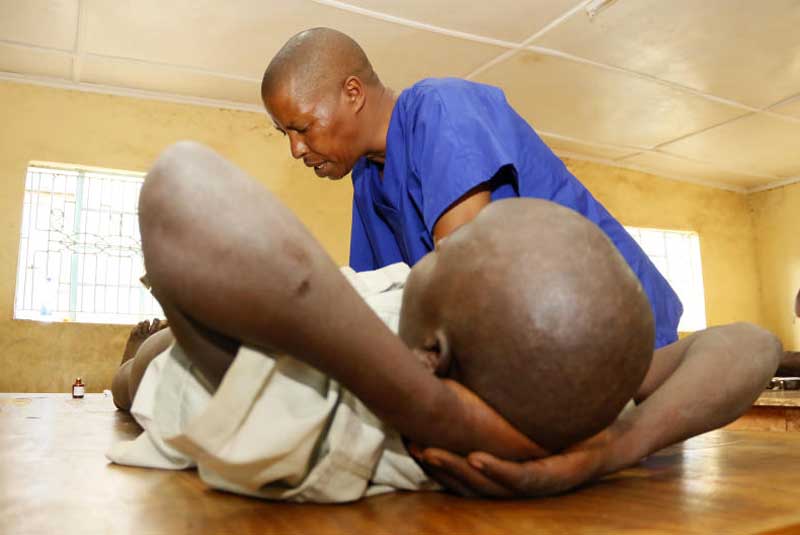×
The Standard e-Paper
Smart Minds Choose Us

A church headquartered in Nyanza has renewed the quest to promote circumcision and is challenging others to adopt it as practiced in the bible.
According to Nomiya church, the exercise is vital in reduces cases of sexually transmitted diseases as well as marking a crucial step in exercising faith.